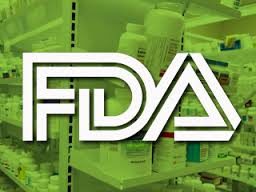
Home » Study: Speedy FDA Approvals Could Jeopardize Safety
Study: Speedy FDA Approvals Could Jeopardize Safety

August 7, 2014
Drugs launched after Congress passed legislation to accelerate the approval process are more likely to be given safety warnings or pulled from the market altogether, according to a new study critical of the FDA’s current review process.
Patient advocate group Public Citizen argues that the FDA doesn’t take the necessary time to study adverse outcomes before allowing products to go to market. That in turn raises the likelihood that drugs will be found to be dangerous after the fact, thus endangering patients, the group said.
Products cleared before the 1992 Prescription Drug User Fee Act, which sped approvals, had a 21.2 percent chance of eventually being given either a black box warning or being pulled for safety reasons, the study found. Drugs approved after PDUFA had a 26.7 percent chance of receiving the same outcomes, said the study that examined all non-biologic products approved from 1975 through 2009.
Public Citizen cautioned that it could not establish a direct causal link between the accelerated drug approvals and the likelihood of a safety finding.
Even so, study author and Public Citizen senior adviser Sidney Wolfe alleges that the FDA has been reckless in its approval speeds. On a conference call with reporters he dismissed the possibility that more warnings and safety withdrawals were issued because the agency has been quicker to respond to bad outcomes or the industry has been more responsive.
Wolfe and fellow study author Karen Lasser, an associate professor of medicine at Boston University School of Medicine, argued that healthcare providers should avoid prescribing any drug less than seven years old unless it is a breakthrough medication. The seven-year delay is necessary, they contend, because it gives adverse drug events enough time to be found and responded to.
An FDA spokesman said it was premature to comment on the study, but that the agency will review the study once it has been issued. — Bryan Koenig
Originally appeared in Drug Industry Daily, the pharmaceutical industry’s number one source for regulatory news and information. Click here for more information.
Upcoming Events
-
21Oct
